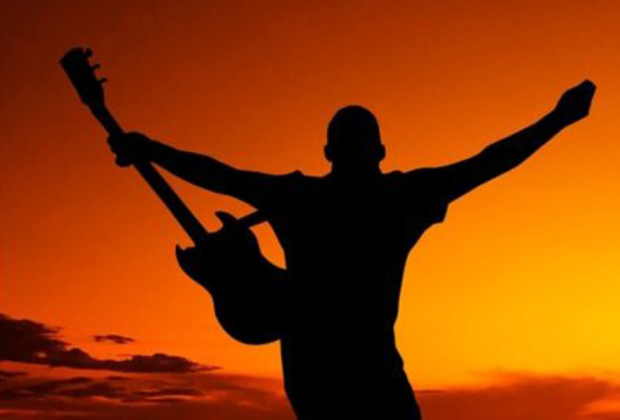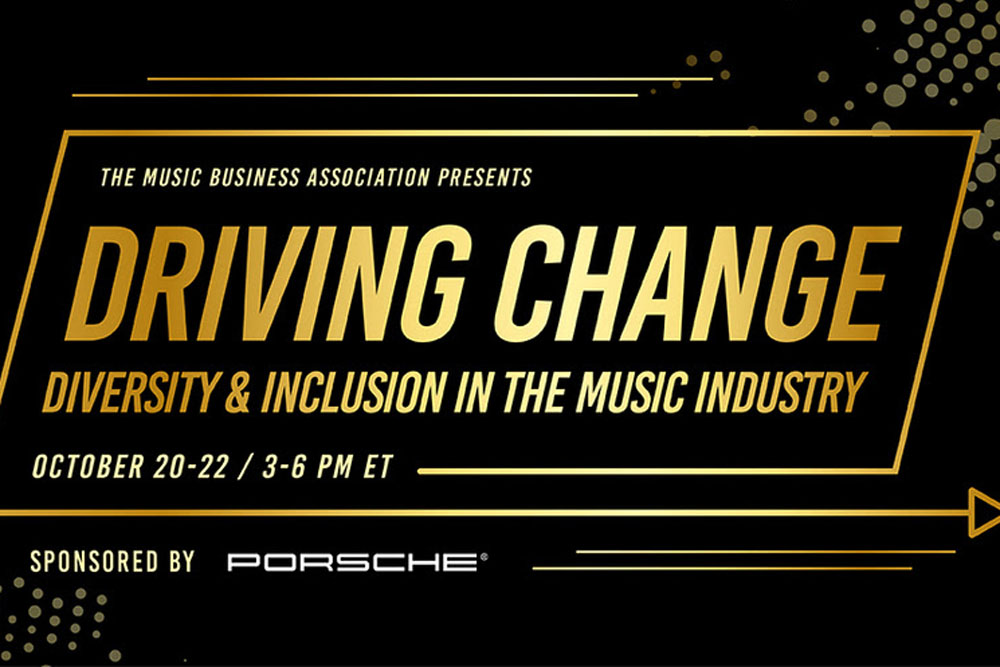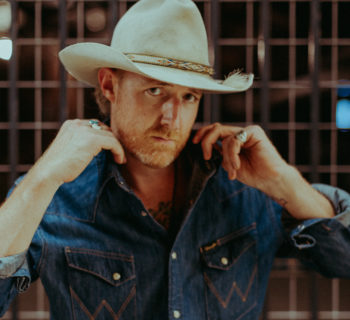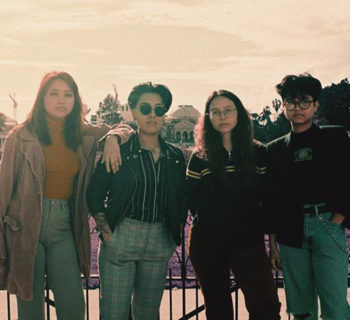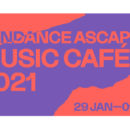All types of art enable artists to bare their souls and present a message. But their differences are most striking, and where music stands alone. With paintings or sculptures, each observer internalizes a unique message. Also true with poetry.
Paintings may contain light imagery or dark, but they're not active agents. They affect people differently, dependant to their own circumstances. They then create their own call to action, their own message. It's collaborative between the artist and observer.
When writing books, screenplays and TV, I'll lace the story with cryptic and artistic imagery but, at its heart, the story generally has a fairly simple message. Even morals tales or deep art house films really come down to only seven classic stories in literature.
Whether good versus evil, overcoming, a quest or voyage and return, its meaning isn't nearly as fluid as sculpture, paint or poetry. Rather, you're invited into the artist's world, so the viewer doesn't create a call to action. And often it's pure escapism, which isn't a bad thing. It's just different art for a different purpose. Nothing wrong with that.
Then there's music.
Music stands alone in often containing its own call to action, dictated by the artist. And that is all-important. This places a tremendous, and burdensome, responsibility on songwriters and recording artists. And labels, too. We may not have considered that before, but it should be considered because there's another side to that coin. It also provides us an opportunity that, in my opinion, far exceeds any negatives.
As a singer/songwriter, I'm primarily a Contemporary Christian country/rock artist, although I generally favor mainstream, positive moral messages versus overt Praise and Worship. I've also been involved in causes, such as participating in songs and events for MuzArt World Foundation, an organization of music professionals promoting public support for private funding of arts and music programs in public schools.
I've advocated against child abuse in the publication of an epic book series, entitled The Legacy Series, in current release. I also wrote, produced and directed the feature film adaptation of this series, also called The Legacy. This project is taken directly from a terminally ill, abused young boy's own writings, penned by the boy while this abuse took place. As such, it is uniquely unprecedented and powerful.
I specifically use music to encourage people to overcome obstacles, and pursue their dreams and goals. As an autistic and wheelchair-bound, physically disabled artist, I wanted to use my voice, as it were, to encourage people to rise above their own challenges. But I hadn't thought much more about it than that. That is, until the most unlikely encounter.
While driving across the country, I pulled off at a rest stop in the middle of Kentucky, where a small group of local teenagers was hanging out. We talked for a while and the subject of music came up. I said I was a country singer and they asked my name. When I told them, they were dumbstruck; they looked utterly shocked. One said, "No, you're lying!" Now I was confused.
He said, "You're not THEE Brandyn Cross, are you?"
I slowly replied, "I didn't know there was a THEE Brandyn Cross." At this point, they freaked.
This kid showed me his phone. He had all my music and videos. That was weird.
He said, "Everyone around here listens to you; you're a country legend here." Sure. Okaaay.
We talked more, took selfies and had a great time. In the end, he thanked me for being down to earth, friendly, and releasing songs and music videos with uplifting messages.
As I drove away, my mind was on that encounter. It was weird and surreal but, strangely, it scared the hell out of me. It put being an artist in a whole different light. I wondered... what if I'd been in a bad mood, acted like a jerk or, more importantly, released music leading these impressionable young people down negative paths? And to be truthful, controversial or not, a lot of music does this nowadays.
Airwaves and streaming services are full of music teaching very young, impressionable kids to disrespect women, glorify violence, lawlessness and drug use, and hate people over race or politics. Most damaging is music assuring kids their destiny is predetermined by intangible barriers they can never scale. That making good personal choices is irrelevant because they'll never be allowed to succeed. The call to action is to give up, to magnify anger and hate. Kids heeding these messages are led down paths to negative, unhappy and destructive lives of failure.
I realized after this Kentucky encounter that artists have not only an opportunity, but a responsibility, to inspire our listeners. By all rights, I should never have met these kids. It was only the most unlikely, random chance that brought us together. And it was profound. I could never have interacted with, and learned from, these kids had they merely attended a concert or appearance.
I'd never recognized our influence over 'fans' in this way and that a tremendous responsibility is an unavoidable result. To ignore or deny that, not caring what damage we may inflict upon people we will never even know by teaching them how to fail in life, is something karma will surely demand accountability for.
But, what if we teach them to succeed, to be happy? Surely karma will deliver its rewards for that as well, and our own lives will be enriched more than we can imagine.
BRANDYN CROSS is an autistic, multi-faceted artist who was left a wheelchair-bound amputee after a severe industrial accident. Only intensifying his drive to succeed, he has since written and recorded charting and award winning songs, acted in films and TV series, written books and screenplays, and written more than 100 episodes for TV series and specials, all while inspiring others through his motivational public speaking. See brandyncross.com.

